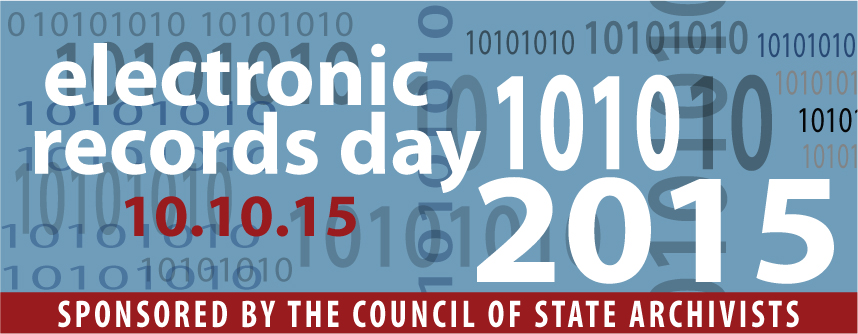Division of Archives and Records Service
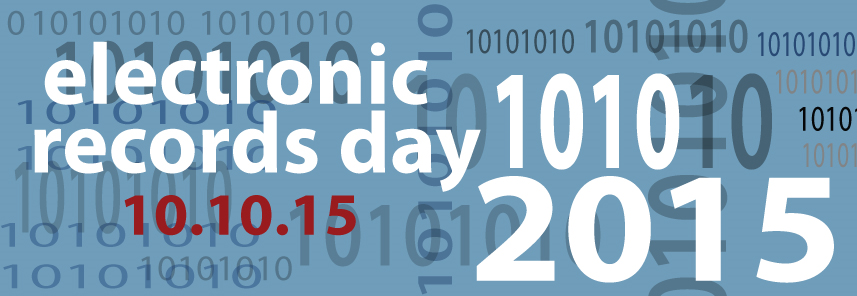
Wondering what to do with your social media accounts? Texts? Emails?
Happy Electronic Records Day!
Are you wondering what to do with your social media accounts, texts, or emails? On this Electronic Records Day, consider these points to help keep your agency out of legal trouble and to ensure that critical records are preserved.
Tips for Managing Electronic Communications in Government
- Content, not format is important. Just as you wouldn’t keep a letter on yellow paper longer than one on white paper just because of its color, you wouldn’t keep or destroy communication based solely on format. Whether a message is sent via email, text, social media or other means, the content of the message is what determines its value and retention.
- If public business is being conducted, it’s a record. There are three general schedules to help you assess whether the correspondence is transitory, administrative, or executive, and how long it needs to be kept.
- Public business on private accounts is still public. As recent news stories and court cases have shown, private accounts or personal devices are subject to public records laws if they are used to conduct public business. This helps ensure transparency in government and ensures accountability of public employees and officeholders.
- Avoid combining public & private communications. In the event of a records request through GRAMA or e-discovery, someone may search through your correspondence. Keep personal and business communications separate if you wish to protect your privacy.
- Is there a policy for that? Government agencies should have policies in place that clearly lay out how each communication technology should be used, set limits on what content may be transmitted by such technologies, and outline procedures for retention, retrieval, preservation and disposition of communication content. Both record and non-record communication should be addressed.
- Understand third-party tools. Using social media or text messages for government communication complicates the process of capturing and preserving records, since these platforms are typically operated by parties outside of government. Agencies must clearly understand the limits and user agreements of the technologies being used and plan for records management before information requests come in.
- Consider how frequently you will need to capture information on your agency’s social media sites. This will depend on how frequently the content changes, the quantity of the content, the stability of the networking site, and the functionality of the tools available for extracting the information from the site.
- Think hard about BYOD. Both records management and information security can be a challenge when allowing employees to use their own devices for public work. Clear policies regarding the use of such devices are essential, as are plans for retrieval of record information from those devices. Mobile Device Management software can help, but only if implemented properly.
- The Utah State Archives has published electronic mail guidelines and a social media guideline for state and local agencies.
- The Council of State Archivists (CoSA) and other organizations have also produced guides to educate people about how to care for their electronic materials. Here are a few:
- Top Tips for Government Agencies Working with Electronic Records (Council of State Archivists)
- Survival Strategies for Personal Digital Records (Council of State Archivists)
- 10 Reasons Why Electronic Records Need Special Attention (Council of State Archivists)
Thank you to CoSA for their hard work and their support in raising awareness of the importance of electronic records management.
Public Comment Policy
Recent Posts
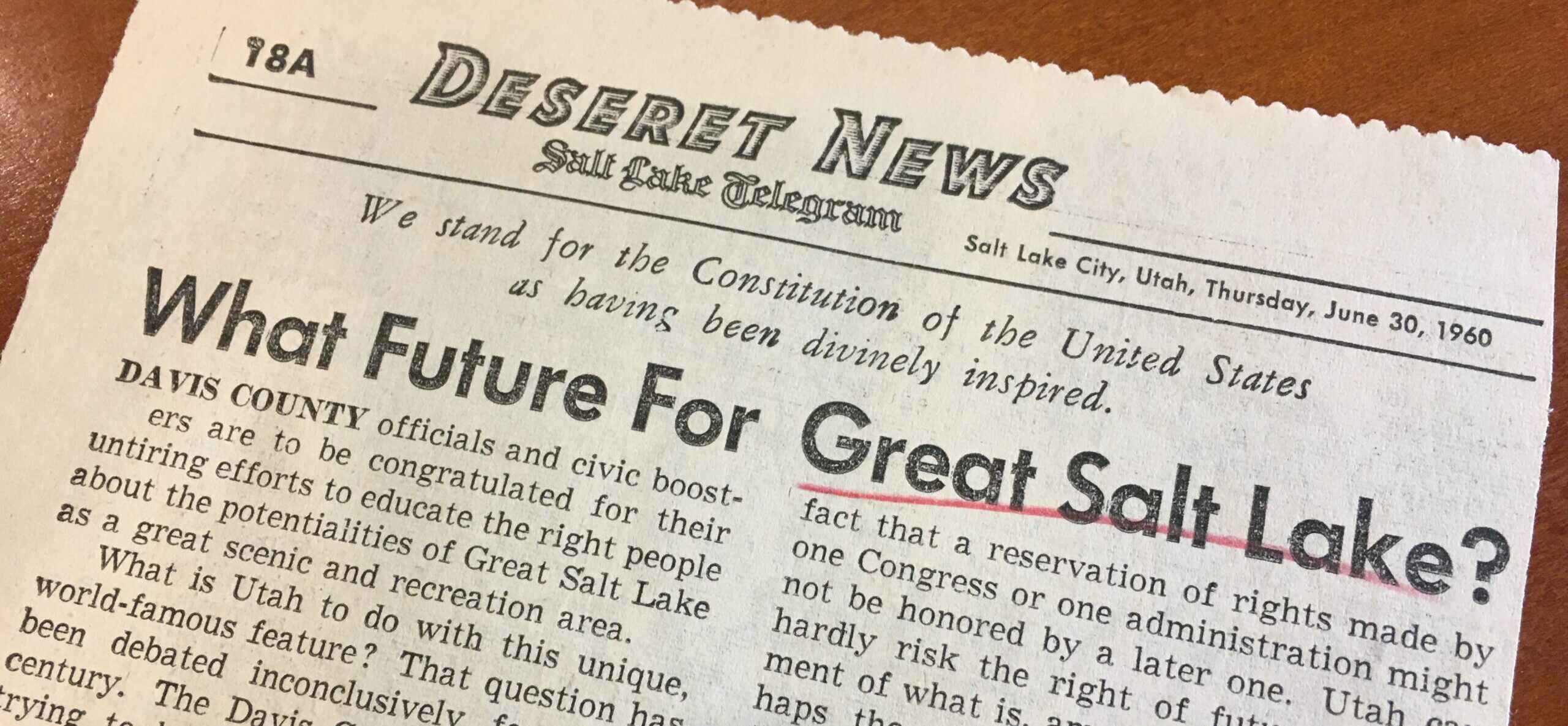
May. 08, 2024
New Finding Aids at the Archives: April 2024
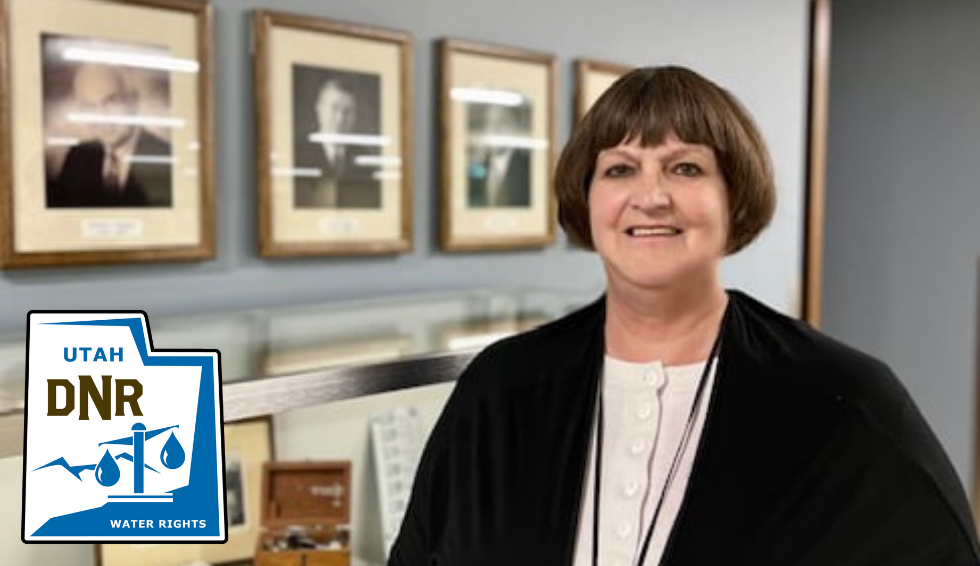
May. 08, 2024
ARO Spotlight: Debbie Berry from the Division of Water Rights

May. 01, 2024
Utah History Day 2024: Archival Research Winners
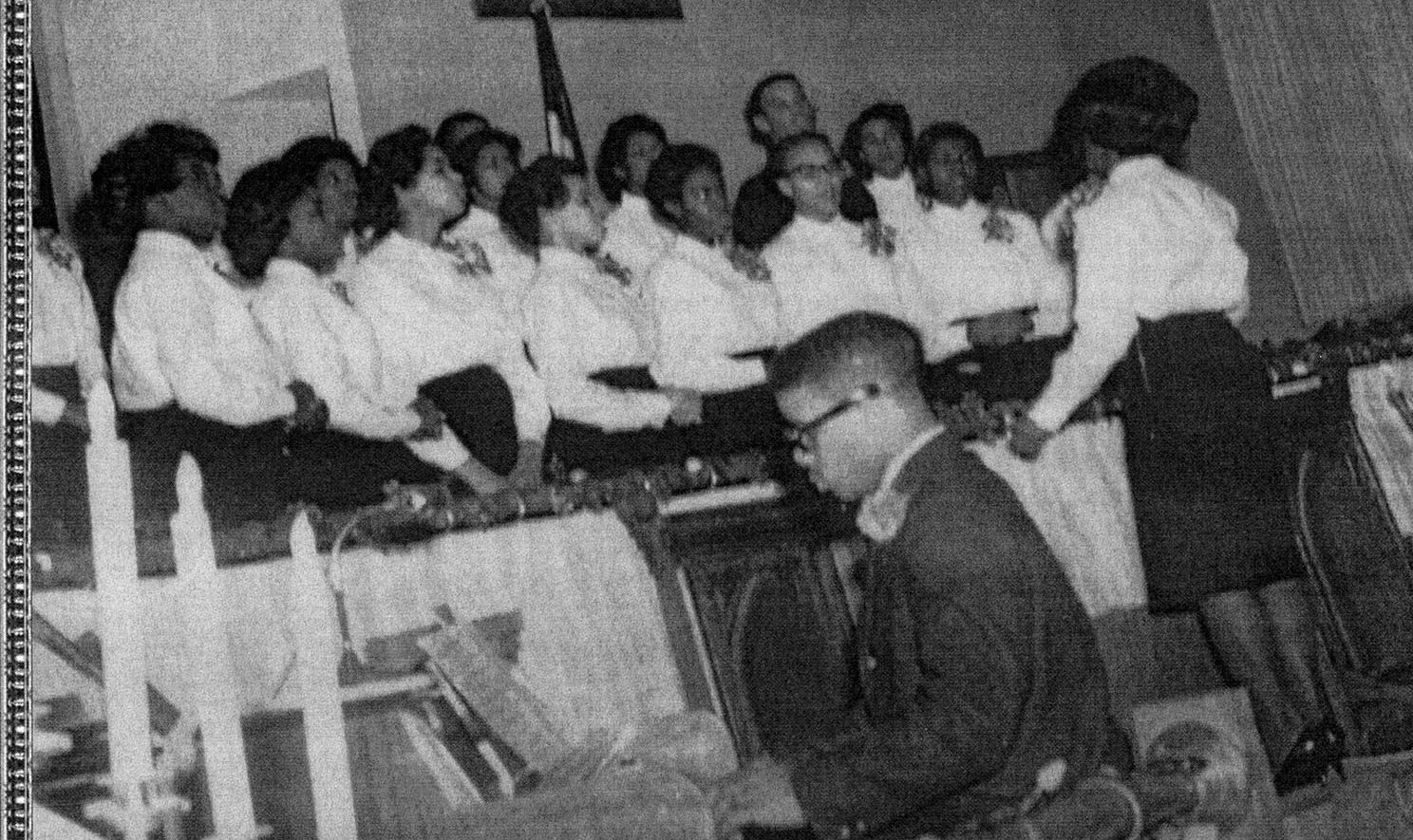
Apr. 10, 2024
From Pews to Pixels: Weber State’s Stewart Library Digitizes New Zion Baptist Church’s Legacy

Apr. 04, 2024
New Finding Aids at the Archives: March 2024
Authors
Categories
- Digital Archives/
- Electronic Records/
- Finding Aids/
- General Retention Schedules/
- GRAMA/
- Guidelines/
- History/
- Legislative Updates/
- News and Events/
- Open Government/
- Records Access/
- Records Management/
- Records Officer Spotlights/
- Research/
- Research Guides/
- State Records Committee/
- Training/
- Uncategorized/
- Utah State Historical Records Advisory Board/
